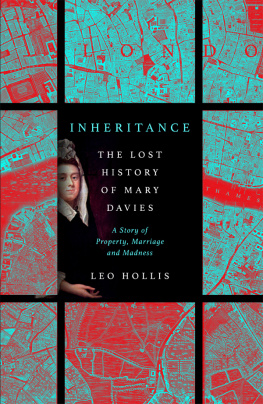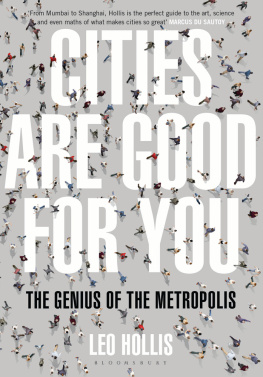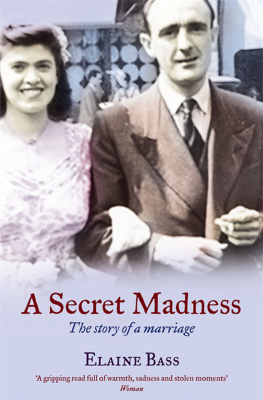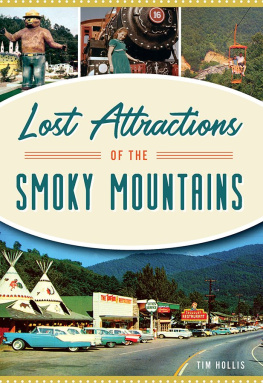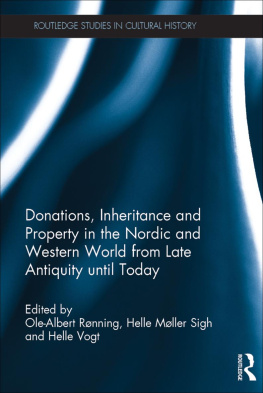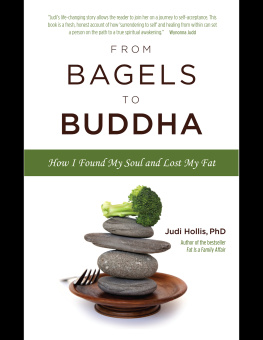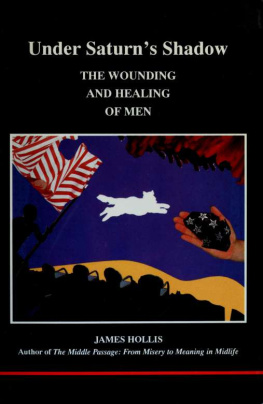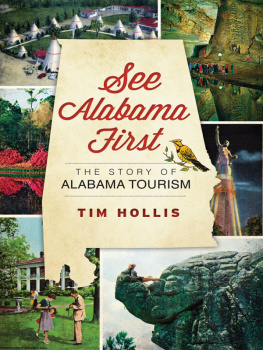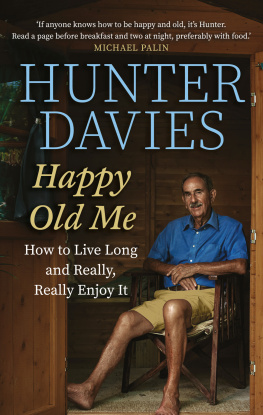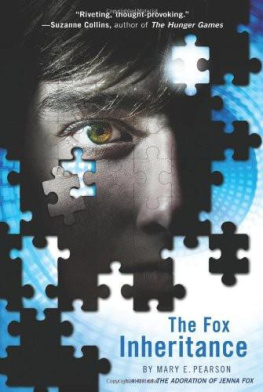Leo Hollis - Inheritance: The Lost History of Mary Davies: A Story of Property, Marriage and Madness
Here you can read online Leo Hollis - Inheritance: The Lost History of Mary Davies: A Story of Property, Marriage and Madness full text of the book (entire story) in english for free. Download pdf and epub, get meaning, cover and reviews about this ebook. year: 2021, publisher: Oneworld Publications, genre: Non-fiction. Description of the work, (preface) as well as reviews are available. Best literature library LitArk.com created for fans of good reading and offers a wide selection of genres:
Romance novel
Science fiction
Adventure
Detective
Science
History
Home and family
Prose
Art
Politics
Computer
Non-fiction
Religion
Business
Children
Humor
Choose a favorite category and find really read worthwhile books. Enjoy immersion in the world of imagination, feel the emotions of the characters or learn something new for yourself, make an fascinating discovery.
- Book:Inheritance: The Lost History of Mary Davies: A Story of Property, Marriage and Madness
- Author:
- Publisher:Oneworld Publications
- Genre:
- Year:2021
- Rating:5 / 5
- Favourites:Add to favourites
- Your mark:
- 100
- 1
- 2
- 3
- 4
- 5
Inheritance: The Lost History of Mary Davies: A Story of Property, Marriage and Madness: summary, description and annotation
We offer to read an annotation, description, summary or preface (depends on what the author of the book "Inheritance: The Lost History of Mary Davies: A Story of Property, Marriage and Madness" wrote himself). If you haven't found the necessary information about the book — write in the comments, we will try to find it.
Leo Hollis: author's other books
Who wrote Inheritance: The Lost History of Mary Davies: A Story of Property, Marriage and Madness? Find out the surname, the name of the author of the book and a list of all author's works by series.
Inheritance: The Lost History of Mary Davies: A Story of Property, Marriage and Madness — read online for free the complete book (whole text) full work
Below is the text of the book, divided by pages. System saving the place of the last page read, allows you to conveniently read the book "Inheritance: The Lost History of Mary Davies: A Story of Property, Marriage and Madness" online for free, without having to search again every time where you left off. Put a bookmark, and you can go to the page where you finished reading at any time.
Font size:
Interval:
Bookmark:

Praise for Leo Hollis
This wonderful book has many layers: the entwined stories of the men who stamped their names on the streets of London and, in their midst, one woman for whom a rich inheritance became an impossible cage. Leo Hollis knows the expanding city like the back of his hand, and brings a forensic eye and a deep empathy to the mystery at the heart of Mary Daviess tragic life. Combining biography and detective story with urban panorama and a thought-provoking exploration of the nature of property, Inheritance is a consistently enthralling read.
Helen Castor, author of Joan of Arc
A fascinating insight into a tragic backwater of Londons history, yet from which one of its most magnificent estates emerged
Simon Jenkins, author of A Short History of London
Hollis expertly weaves together the human tragedy and high politics behind the explosion of one of the worlds greatest cities. His scholarship and storytelling makes the seventeenth century seem so familiar.
Dan Snow, author of Death or Victory:
The Battle for Quebec and the Birth of Empire
Leo Hollis combines meticulous research with his trademark style once again in this perceptive and humane book on one of modern Londons most significant origin stories.
Lucy Inglis, author of Georgian London: Into the Streets
Identifying an authentic seventeenth-century mystery, Leo Hollis uses the form of the classic detective story to deliver a fast-moving and forensic account of the birth and development of the London property market. Here is a valuable addition to the literature of the city in another period of cancerous growth.
Iain Sinclair, author of The Last London
Wonderfully rich and informative To present deep scholarship so accessibly and with such fluency is a rare achievement.
Tom Holland, author of Dominion, on The Phoenix
A tour de force of biography, history, politics, philosophy and experimental science With huge skill, Mr Hollis weaves his characters through this thickly detailed scene.
The Economist on The Phoenix
A fascinating picture of the rebirth of London after the Fire combining the history of ideas, architecture and the life of the city in a riveting narrative.
Jenny Uglow on The Phoenix
What makes this book so fascinating, though, is not just the rich detail, but also its explanations of the emergence of the new thinking that so profoundly shaped the spirit of the age.
Independent on The Phoenix
Leo Holliss book is as impressive a construction as St Pauls itself Hollis makes us see St Pauls as if for the first time, a remarkable achievement.
Jonathan Glancey, author of
The Story of Architecture, on The Phoenix
This is a superlative book. Leo Hollis has that rare gift of making the incomprehensible, such as the nature of light and the complexity of national finance, comprehensible to the most lay of readers.
Liza Picard, author of Victorian London:
The Life of a City 18401870, on The Phoenix
From Westminster Abbey to an unremarkable house in Spitalfields, this ingenious study unearths the architectural history of 12 buildings to produce engrossing insights into Londons transformations.
Sunday Telegraph on The Stones of London
From Mumbai to Shanghai, Hollis is the perfect guide to the art, science and even maths of what makes cities so great.
Marcus du Sautoy on Cities Are Good for You
Extremely timely Fascinating and thoroughly researched.
Financial Times on Cities Are Good for You

Many men make no scruple to marry a woman they dont love, for the sake of her money; it may therefore be supposed, that women of fortune, are more liable to injuries of that kind than any other part of the sex.
Sarah Chapone, The Hardship of the English Lawes in Relation to Wives, 1735
To Mum
T HE CARRIAGE ARRIVED at the Htel Castile, on Rue Saint-Dominique, deep in the night of Sunday, 12 June 1701. There was great activity as soon as the horses came to a halt, and as the party of English travellers uneasily stepped down to the street. This troupe included Lodowick Fenwick, a Benedictine monk. As a Catholic persecuted for his faith in Britain he often wore secular clothes in order to dissemble his true vocation. Beside him, looking frail and in distress, came Dame Mary Grosvenor, who was rushed into the house and her rooms on the first floor, with a view to the garden beyond. She was followed by a flurry of servants, who had accompanied her on the arduous journey. The owners of the hotel, Madame Dufief and her husband, had already prepared rooms and now busied themselves in settling the guests in.
Dame Mary, exhausted by the journey, took to her bed immediately. She had been ill when they had departed Rome a few weeks before and her condition had not improved despite a break in the itinerary for rest in Lyon. This respite included a succession of doctors visits, and a regime of bleeding and dosing. There had been reports of her behaving strangely in Italy, of talking in agitation during a concert, and other unexpected conduct encouraging gossip and concern. Perhaps she was still in the depths of mourning, following the death of her husband eleven months before. Others interpreted her eruptions as something more disturbing: a mental instability manifesting itself in public. From the scenes that night and over the coming week, it appeared the days in a cramped carriage, exposed to the elements, had dramatically worsened her condition.
The exact location of the Htel Castile is unknown. It is not identified on the detailed Turgot map drawn thirty years later, illustrating each house, garden and churchyard in the city. On this plan, Rue Saint-Dominique sweeps into the city from the south-west, following the bend of the Seine, and emptying out into the bustling St Germain. Until the 1630s the route was known as the Rue des Vaches, a cattle path into the city markets. However, the establishment of the Dominican monastery and the elegantly baroque glise Saint-Thomas-dAquin demanded a more tempting identity for the emerging bourgeois neighbourhood.
It was a suitable location for respectable British travellers to find a resting place in the city. Fine stone buildings, in the latest modern styles, lined both sides of the street, making it a desirable enclave. More importantly, this was close to the exiled English community that clustered around the eclipsed star of the banished former monarch James II, at Saint-Germain-en-Laye. This court-in-exile attracted all sorts of Catholics, chancers and spies, which fixed an additional layer of intrigue to Dame Marys story.
The rooms in the hotel had been arranged days before by Dame Marys Paris banker, Mr Arthur, and Fr Fenwicks brother, Edward. Dame Mary had been in touch with Mr Arthur often to ensure her affairs were in order, and to share some gossip. On the other hand, Edward had met Dame Mary only twice before. During the previous summer, they had been introduced at the Fenwick family home in Essex, where the two seemingly made a connection; and then again a few weeks later in London, just before the group had set out on their travels. The brief encounters had made an impression on both.
Font size:
Interval:
Bookmark:
Similar books «Inheritance: The Lost History of Mary Davies: A Story of Property, Marriage and Madness»
Look at similar books to Inheritance: The Lost History of Mary Davies: A Story of Property, Marriage and Madness. We have selected literature similar in name and meaning in the hope of providing readers with more options to find new, interesting, not yet read works.
Discussion, reviews of the book Inheritance: The Lost History of Mary Davies: A Story of Property, Marriage and Madness and just readers' own opinions. Leave your comments, write what you think about the work, its meaning or the main characters. Specify what exactly you liked and what you didn't like, and why you think so.

